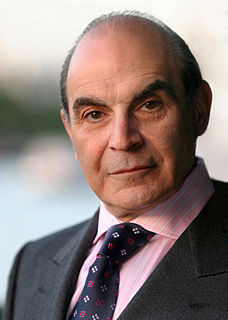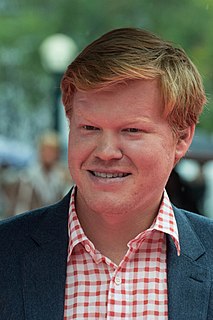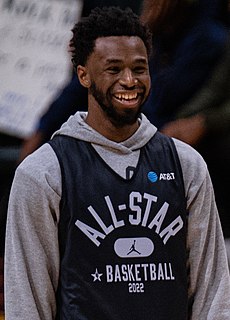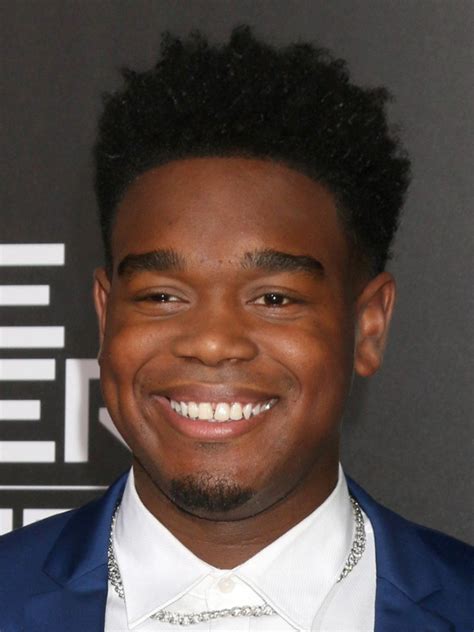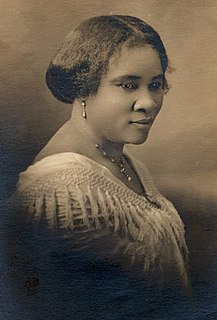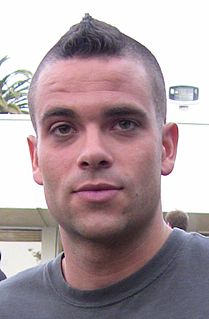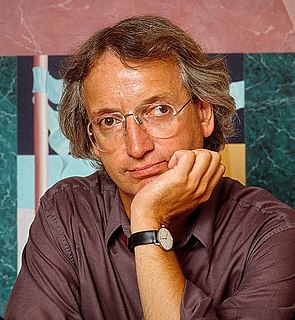A Quote by Elvis Mitchell
There's a great deal of echoing going on in 'Old School.' Mr. Piven, who played the upstart outsider in the 1994 campus comedy 'PCU,' has crossed over into playing the stiff martinet.
Related Quotes
In so many roles I've played the outsider. As an outsider, you have more energy to succeed simply because you are an outsider. There are scripts floating around but they're not coming my way and I think that I am getting a little bit too old to play Napoleon. But if I was ever offered the role I would grab it.
I'm not going to be depressed about my career however it ends because I've met great people, I've played with great teammates, I've played for great coaches, and I've lived out a lifelong dream. But it wasn't just about a dream of playing in the NFL. It was about a dream of playing in the NFL and winning Super Bowl rings.
I was in Chicago in 1994 and at this time I had no thoughts of coming back and playing the game of basketball, Bryon Russell came over to me and said, "Why'd you quit? You know I could guard you." When I did come back in 1995 and we played Utah in '96, I'm at the center circle and Bryon Russell is standing next to me. I said, "You remember what you said in 1994 about, 'I think I can guard you, I can shut you down, I would love to play against you?' Well, you're about to get your chance.
I wasn't all that attracted to writing originally. I read a great deal. My parents read a great deal. I do know that as my interest in tennis waned, my interest in academics increased. I mean, I started doing my homework in high school and discovering that it was somewhat fun. And then in college I barely even played on the team because just classes were much more interesting.


